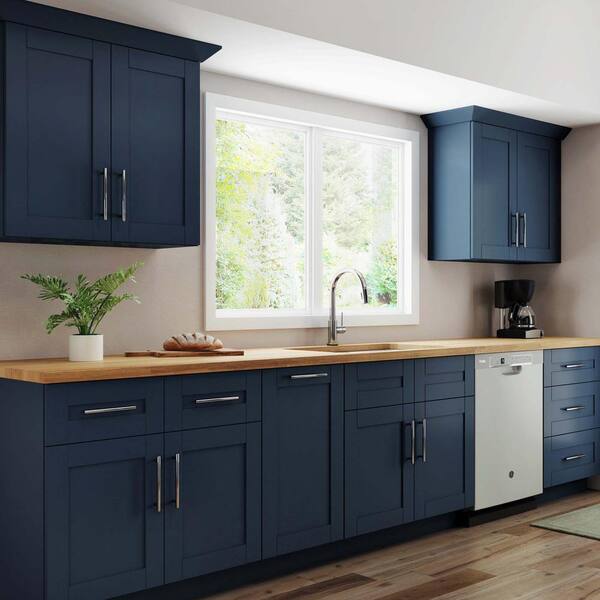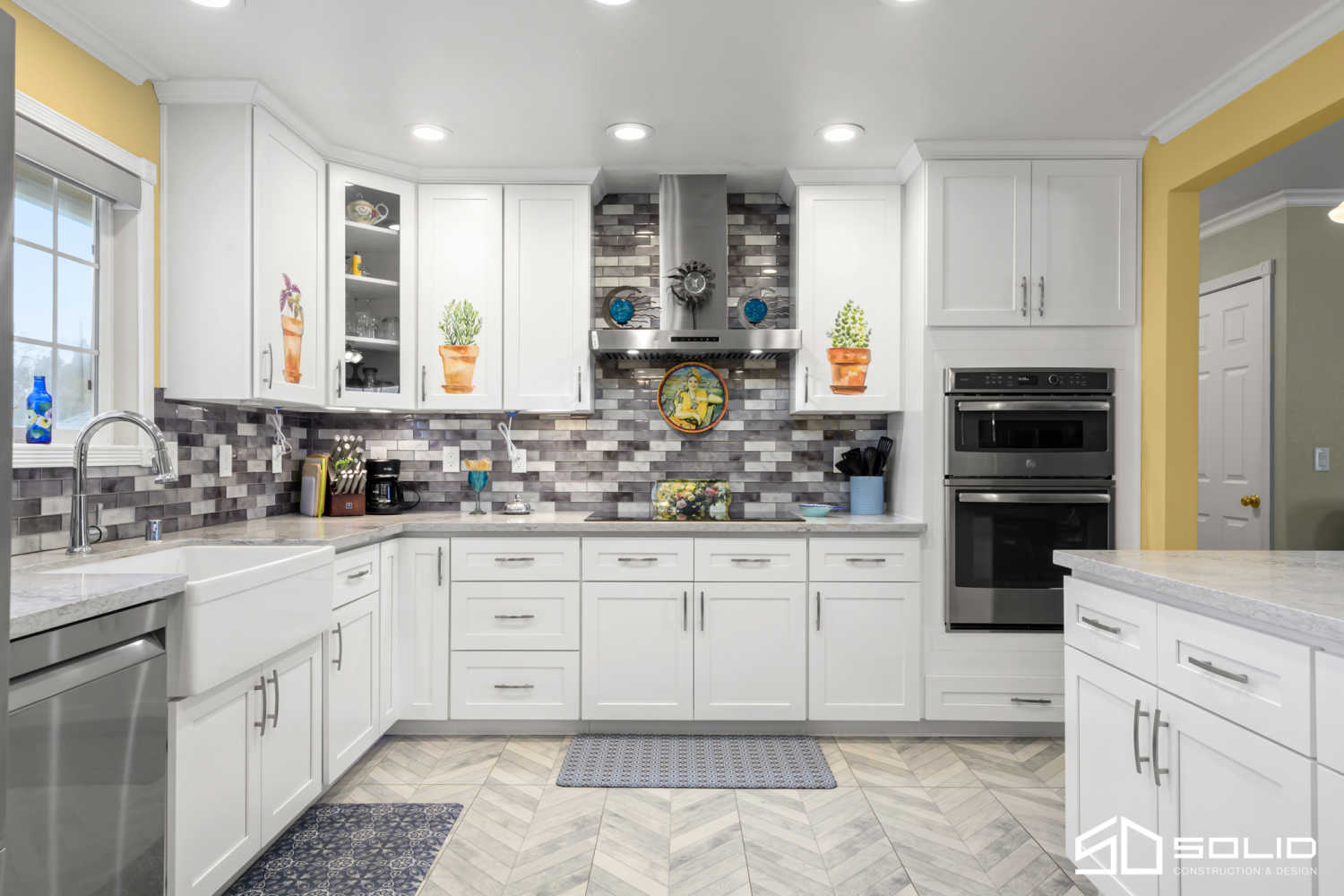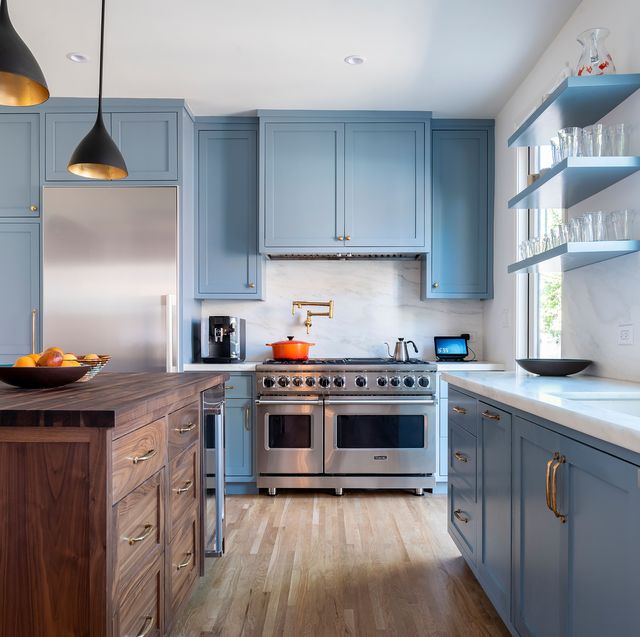All Categories
Featured
Table of Contents
- – Kitchen Remodeling Contractor Rowland Heights, CA
- – Kitchen and Flooring Center
- – Kitchen Remodeling Companies Rowland Heights, CA
- – Kitchen Remodel Contractors Rowland Heights, CA
- – Contractors For Kitchen Remodel Rowland Heigh...
- – Contractors For Kitchen Remodel Rowland Heigh...
- – Kitchen Remodel Company Rowland Heights, CA
- – Kitchen and Flooring Center
Kitchen Remodeling Contractor Rowland Heights, CA
Kitchen and Flooring Center
20875 Golden Springs Drive Walnut, CA 91789(909) 594-5020
Learn More About Kitchen and Flooring Center
Solid-door building. Doors may be made of solid material, either crafted timber (fragment board or medium-density fiber board, yet not commonly plywood) or solid wood. Engineered wood panels may either be used as slabs or might be formed to appear like frame-and-panel building. In either case, engineered wood panels are normally painted, veneered, or laminated.

Cupboards utilizing glass doors in some cases use glass racks and interior lighting from the top of a cupboard. A glass rack enables light to get to throughout a cupboard. For an unique display screen effect, the interior back of a cabinet might be covered with a mirrors to additional distribute light. A functional design goal for cupboard interiors involves maximization of valuable area and energy in the context of the cooking area workflow.
In face-frame construction, a drawer or tray should get rid of the face-frame stile and is 2 inches (51 mm) narrower than the available closet interior room. The loss of 2 inches is especially obvious and considerable for kitchens including multiple narrow [15-inch (380 mm) or much less] closets. In frameless building, drawer boxes may be sized almost to the interior opening of the cabinet providing much better usage of the readily available room.
Kitchen Remodeling Companies Rowland Heights, CA
Also when it comes to frameless building and construction doors and their joints when open block a portion of the interior cupboard width. Since trays are placed behind the door, trays are typically considerably narrower than drawers. Unique joints are offered that can allow trays of comparable width as cabinets yet they have not enter into vast usage.
Stock wall-oven cabinets might be adjusted to built-in stoves, coffee-makers, or various other appliances by removing parts of the closet and including trim panels to achieve a flush installment. Frameless cabinets attend to wall oven front panel widths equivalent to the cabinet size (see above). In such a setup the oven front panel occupies a similar account as a cabinet door.
This effect is hard to attain in regular face-frame closet installments, as it calls for adjustment to the face-frame (essentially getting rid of the face-frame at the stove cut-out). Stainless-steel integrated appliances around kitchen area closets. Cabinets might be completed with nontransparent paint, nontransparent lacquer and clear coatings such as lacquer or varnish.
Kitchen Remodel Contractors Rowland Heights, CA
In impact, the HPL has actually been nicked in breakthrough. HPL can be embellished in any kind of pattern and is used using contact concrete and pushed in place using a "J-roller." It is reduced somewhat larger than the panel on which it is to be set up and trimmed utilizing a router-like laminate trimmer along the side.
While HPL ended up being common in the twentieth century, given that the 1970s the fad has actually been away from HPL for timber. is a coating for furnishings board panels in carcases. Its special white-in-color chemical formulation assists stop damage by chemicals and provides it impact resistance comparable to HPL - Rowland Heights Kitchen Counters. Melamine layered boards are widely available in home centers for objectives such as shelving.

Discoloration is a water or thinner based color that permits for the grain of the timber to show through. Wiping discolorations are sprayed on to the Timber and after that wiped off whereas the spray tarnish is left to completely dry without cleaning.
For instance, a stain on oak will not coincide color as the same stain on Maple. There are several cooking area cabinet equipment alternatives offered. Hardware is the term used for metal fittings integrated into a closet extraneous of the wood or crafted timber replacement and the countertop. One of the most fundamental equipment includes hinges and drawer/door pulls, although only hinges are an absolute need for a closet given that pulls can be fashioned of wood or plastic, and drawer slides were typically fashioned of wood.
Contractors For Kitchen Remodel Rowland Heights, CA
Drawers and trays make it easier to access a cabinet's components. They are a considerable advantage due to the fact that they decrease flexing and squatting. The only downside is slightly much less usable space which is used up by the slides as well as door clearances. A normal cabinet is 5 inches (130 mm) narrower than an equivalent rack.
New selections of joints and slides have been developed that boost the activity and usability of doors and drawers. Soft Close is one of the most extensively used equipment upgrade, a system where as soon as a door/drawer is pushed to shut, a mechanism slows the momentum of the door/drawer, closing it gently and quietly.
Press to Open is an additional usual hardware option, this mechanism allows people to just press the cupboard door, where a spring-loaded system then opens the door without the need for handles. This alternative is made use of in high end kitchen areas where a clean, handle-less look is wanted. Cooking area cupboard hardware. There is a huge selection of specialized hardware for cooking area closets.
Contractors For Kitchen Remodel Rowland Heights, CA
They may be in the form of careless susans with or without a wedge removed or of tray slides which allow the covert edge space to be occupied with trays that move both laterally and forwards/backwards. Sponge drawers use unique hinges that fit in between the closet front and the sink.
Note that European cabinets usually have different dimensions than ones in The United States and Canada, and are typically integrated in multiples of 100mm, with 600mm large being a common size. Buyers can purchase pre-built "stock" closets for rapid shipment which generally get here in a week or less. On the other hand, personalized cupboards can have longer shipment times, such as 4 weeks.
Base cabinets are generally 24 inches (610 mm) deep and 34 +12 inches (880 mm) high to accommodate a kitchen counter surface area normally 36 inches (910 mm) over the floor. Wall cabinets are typically 12 inches (300 mm) deep. Their elevations are commonly 30 inches (760 mm), for instance, if mounted to a soffit.
The is a typically approved convention. A 18x36x12 cabinet is as a result 18 inches (460 mm) large, 36 inches (910 mm) high, and 12 inches (300 mm) deep. Occasionally upper cabinets are presumed to be 12 inches (300 mm) deep, so only the size and elevation are offered - Rowland Heights Kitchen Counters. A "W1836" label suggests wall-mounted cabinet [ 12 inches (300 mm) deep] is 18 inches (460 mm) broad and 36 inches (910 mm) high.
Kitchen Remodel Company Rowland Heights, CA
Some installers provide a plan offer from measurement, to building and construction, to setup. Closets are sometimes supplied in totally constructed type. Some courses show home owners how to develop their own cupboards.
Cabinets offers its very own one-of-a-kind set of problems, such as the use of correct wood, paint and adhesives. There are plenty of locations for cabinetry to divert right into a harmful direction if not managed effectively.

Kitchen and Flooring Center
Address: 20875 Golden Springs Drive Walnut, CA 91789Phone: (909) 594-5020
Email: kfcenterinc@gmail.com
Learn More About Kitchen and Flooring Center
Kitchen area & Bath design information. November 2009. Archived from the initial on 2009-11-15. Retrieved 2009-11-21. Cooking area and bathroom designers show that their consumers wish to make modifications, and even small ones will provide the sensation that they are doing something for their households and the globe around them ..."Kitchen Area Cabinet Construction". San Francisco Chronicle. 2008-12-12. Archived from the original on 2010-09-07. Fetched 2009-11-21. Kitchen Cupboard Construction This class will certainly instruct you just how to build face frame cooking area closets. Conversation will certainly consist of just how to use tale boards to layout a series of cupboards. You will build a cupboard carcass, face frame and after that learn pointers and methods for placing it all together to make a lovely cooking area cabinet.
Kitchen Remodel Company Rowland Heights, CAKitchen And Bath Remodel Rowland Heights, CA
Kitchen Remodel Company Rowland Heights, CA
Contractors For Kitchen Remodel Rowland Heights, CA
Modern Kitchen Cabinets Rowland Heights, CA
Kitchen And Bath Remodeling Rowland Heights, CA
Modern Kitchen Cabinets Rowland Heights, CA
Kitchen And Bathroom Remodel Rowland Heights, CA
Kitchen Remodelers In My Area Rowland Heights, CA
Kitchen And Bathroom Remodel Rowland Heights, CA
Kitchen Remodeling Showrooms Near Me Rowland Heights, CA
Contractors For Kitchen Remodel Rowland Heights, CA
Modern Kitchen Cabinets Rowland Heights, CA
Kitchen Remodel Contractors Rowland Heights, CA
Kitchen Remodeling Contractor Rowland Heights, CA
White Kitchen Cabinets Rowland Heights, CA
Kitchen Remodelling Contractors Rowland Heights, CA
Kitchen Remodeling Contractors Rowland Heights, CA
Kitchen Remodelling Rowland Heights, CA
Custom Cabinets Rowland Heights, CA
Kitchen Cabinets Rowland Heights, CA
Kitchen Remodel Contractors Rowland Heights, CA
Kitchen Cabinets Rowland Heights, CA
Custom Cabinets Rowland Heights, CA
Kitchen Remodelling Contractors Rowland Heights, CA
Kitchen Remodel Contractors Rowland Heights, CA
Best Kitchen Remodelers Rowland Heights, CA
Kitchen Remodel Contractors Rowland Heights, CA
Kitchen Remodeling Companies Rowland Heights, CA
Custom Cabinets Rowland Heights, CA
Near Here Seo Plans Rowland Heights, CA
Around Me Seo Citations Rowland Heights, CA
Kitchen and Flooring Center
Table of Contents
- – Kitchen Remodeling Contractor Rowland Heights, CA
- – Kitchen and Flooring Center
- – Kitchen Remodeling Companies Rowland Heights, CA
- – Kitchen Remodel Contractors Rowland Heights, CA
- – Contractors For Kitchen Remodel Rowland Heigh...
- – Contractors For Kitchen Remodel Rowland Heigh...
- – Kitchen Remodel Company Rowland Heights, CA
- – Kitchen and Flooring Center
Latest Posts
[target:city] Roof Cleaning Companies
Exterior House Cleaning Services [target:city]
Solar Panel Cleaning [target:city]
More
Latest Posts
[target:city] Roof Cleaning Companies
Exterior House Cleaning Services [target:city]
Solar Panel Cleaning [target:city]